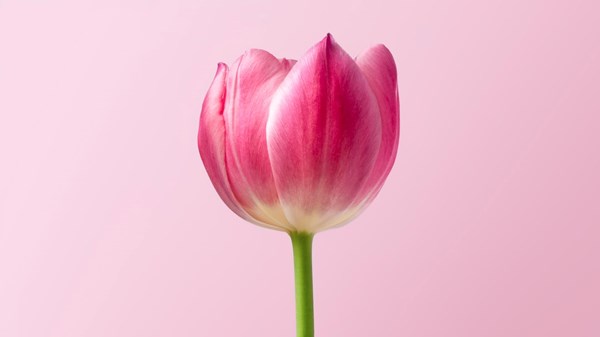
As meditation practice develops over the years, it is natural to have greater appreciation for simplicity. In Buddhist understanding, simplicity is a practice, a state of mind, and a quality of heart. It is associated with happiness and even liberation. Perhaps it relates also to certain forms of beauty.
There are different realms in which we can consider simplification. We might think first of physical or material simplicity. Far from evoking austerity or deprivation, having fewer things to manage in life creates mental ease. Material things take up mental space.
But it can go so much farther. There is also simplicity of mind. When our thoughts are complicated – filled with elaborate stories, complex contingencies, or intricate plans – the mind gets weary and is less able to be present. On retreat, people who think a lot often discover that they are deeply tired. It is possible to think easefully, with less elaboration. The Buddha called the “proliferation” of thought papañca, and noted that awakened beings do not mentally proliferate. He also specifically praised “fewness of wishes.”
Simplicity is also associated with relational straightforwardness. Actions such as manipulation, convincing people of something, or plotting strategies to get certain responses tend to create complexity and dis-ease. In contrast, straightforwardness and non-defensiveness can bring relief and genuine connection. Buddhist teachings praise “not being burdensome,” and these types of relational simplicity create ease and non-burden for those around us.
Sometimes we have no choice about being in an environment that is complex, busy, crowded, or challenging. Even then, we can still have simplicity of being. We can sense the still point in the center of the heart or mind, and rest there as the activity swirls around. We can participate from a place of inner calm. In such cases, we can remember the Buddha’s teaching that contentment is the greatest wealth. Given that this is how things are, can we find peace and ease with this?
Simplicity does not benefit only ourselves; it contributes to the wider well-being of the world. If simplicity is of interest to you, rather than adding more doing to bring it about, consider being with this simple question. What could you let go of?
